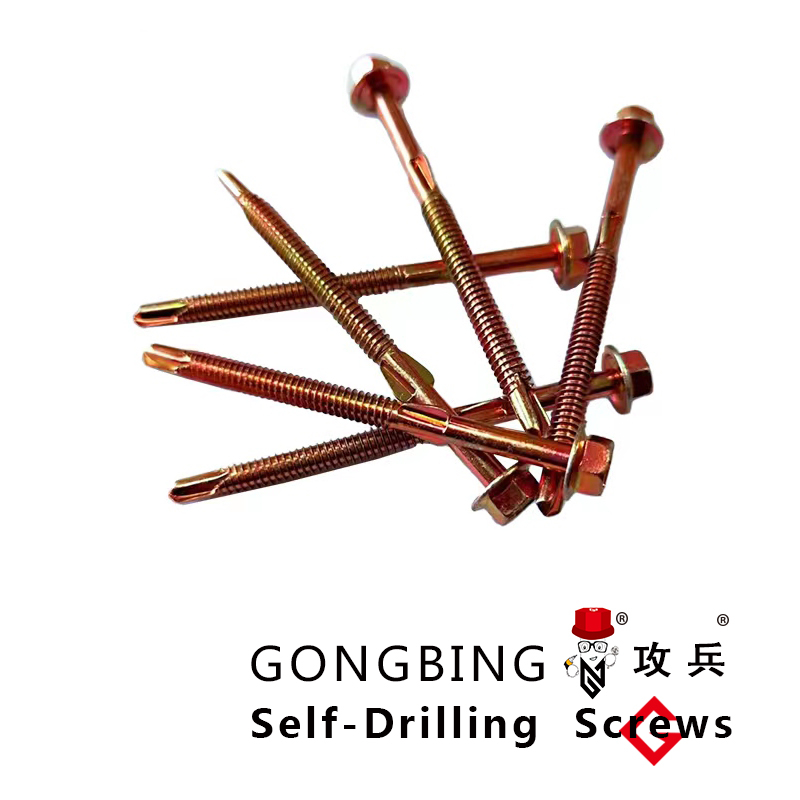Chemical Solutions for Anchor Fasteners in Construction and Industrial Applications
Anchor Fastener Chemicals Ensuring Performance and Reliability
Anchor fasteners are pivotal in various industries, providing the essential connection between structural elements and substrates. Their importance is magnified in construction, automotive, aerospace, and electronics domains where safety and integrity are paramount. To enhance the performance and durability of anchor fasteners, a range of chemicals is employed, each designed for specific applications and environmental conditions. This article explores the different types of chemicals used in anchor fasteners, their purposes, advantages, and considerations.
Types of Anchor Fastener Chemicals
1. Adhesives and Sealants Adhesives are widely used in the application of anchor fasteners to bond diverse materials together. They provide a strong joint and can help prevent loosening caused by vibrations or thermal variations. Epoxy, polyurethane, and cyanoacrylate-based adhesives are popular choices due to their high strength and resistance to environmental stressors. Sealants, on the other hand, are crucial in preventing moisture and contaminants from infiltrating the substrate, thereby protecting the integrity of the fastened joint.
2. Threadlockers Threadlockers are specialized adhesives that secure threaded connections, preventing them from loosening due to vibration or thermal cycling. These chemicals come in different strengths—low, medium, and high—allowing users to select the appropriate level of removal torque required. Common chemicals used for this purpose are anaerobic adhesives, which cure in the absence of air, offering excellent resilience against harsh conditions.
3. Corrosion Inhibitors Corrosion is a significant concern for anchor fasteners, especially in environments exposed to moisture, salts, or chemicals. Corrosion inhibitors, often in the form of coatings or additives, help protect metal fasteners from rust and degradation. These chemicals create a barrier on the surface of the metal, preventing electrolytic reactions that lead to corrosion.
4. Lubricants The application of lubricants is essential not only during the installation of anchor fasteners but also for maintaining their functionality over time. Lubricants reduce friction during tightening, ensuring even distribution of load and preventing excessive wear. They also play a role in protecting the chemical properties of the fasteners by preventing galling, a severe form of wear that occurs on interacting metal surfaces.
5. Foams and Grouts In applications requiring enhanced load-bearing capabilities, foams and grouts serve as excellent anchor fastener chemicals. These materials are used to fill voids and create a strong bond between the fastener and the surrounding structure. They expand once installed, ensuring a snug fit and excellent load distribution, which is particularly beneficial in masonry and concrete applications.
anchor fastener chemical

Advantages of Using Anchor Fastener Chemicals
The strategic use of chemicals in anchor fasteners provides numerous benefits
- Enhanced Stability Chemicals such as adhesives and threadlockers ensure that fasteners remain tightly secured under varying conditions, enhancing the overall stability of constructions. - Increased Lifespan Corrosion inhibitors and protective coatings extend the life of fasteners by shielding them from corrosive elements, thus reducing maintenance costs and increasing safety. - Improved Load Distribution Foams and grouts create a more uniform distribution of stress across the connected surfaces, reducing the likelihood of joint failure. - Ease of Use Many modern anchor fastener chemicals are easy to apply, allowing for quick installation and repair processes.
Considerations
While the benefits are substantial, users must be mindful of certain considerations when selecting and applying anchor fastener chemicals
- Compatibility It is crucial to ensure that the chosen chemical is compatible with the materials being bonded or coated. Incompatible chemicals can lead to deterioration and failure. - Cure Times Different chemicals have varying cure times, which can affect project timelines. Understanding these times is essential for effective planning. - Environmental Conditions Factors such as temperature, humidity, and exposure to chemicals can influence the performance of anchor fastener chemicals. Selecting the right products for specific conditions is vital.
Conclusion
Anchor fastener chemicals play an indispensable role in ensuring the reliability and performance of fasteners across multiple applications. By leveraging adhesives, threadlockers, corrosion inhibitors, lubricants, and specialized foams or grouts, industries can achieve superior structural integrity and longevity. As technology continues to evolve, the development of increasingly advanced and tailored chemical solutions will further enhance the effectiveness of anchor fasteners, paving the way for safer and more efficient applications across the board.
-
Weatherproof Plastic Expansion Anchors for OutdoorNewsJun.06,2025
-
Sustainability in the Supply Chain: Eco-Friendly TEK Screws ProductionNewsJun.06,2025
-
Load-Bearing Capacity of External Insulation FixingsNewsJun.06,2025
-
Double Head Bolts: Enhancing Efficiency in Industrial MachineryNewsJun.06,2025
-
Corrosion Resistance in Chipboard Screws: Coatings for Wholesale DurabilityNewsJun.06,2025
-
Butterfly Toggle Bolts : Enhancing Structural ResilienceNewsJun.06,2025
